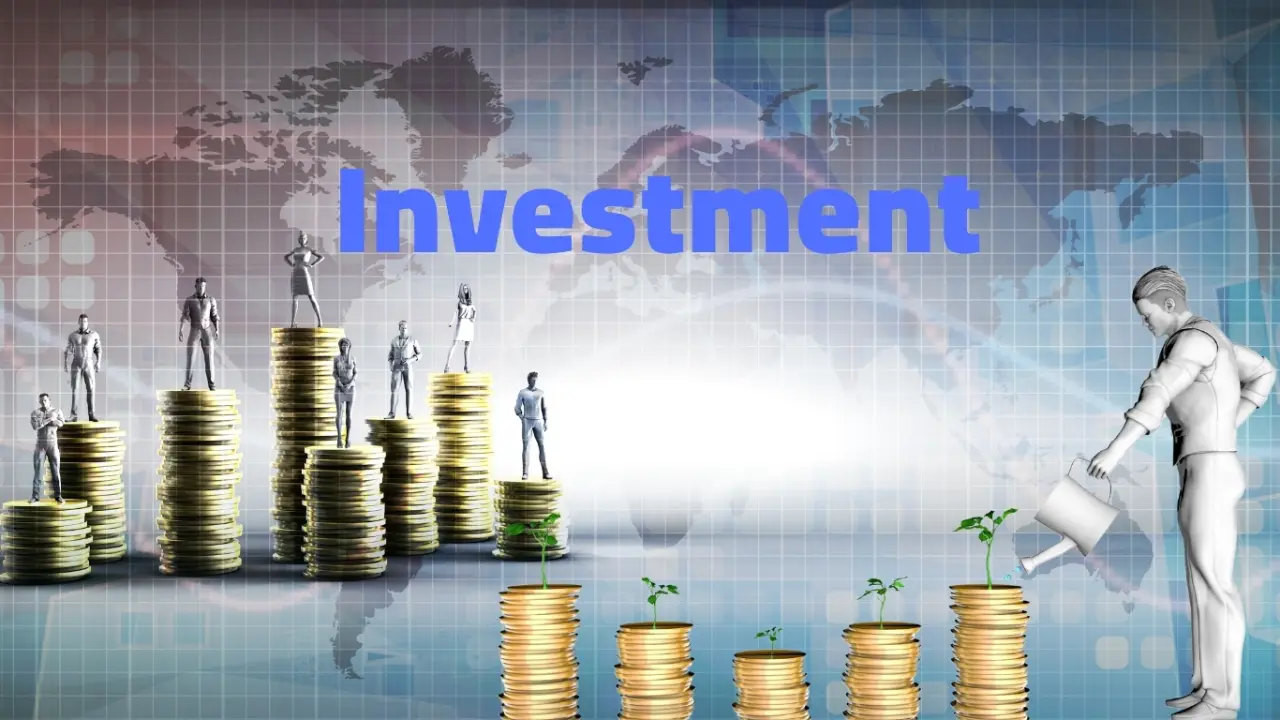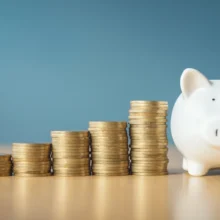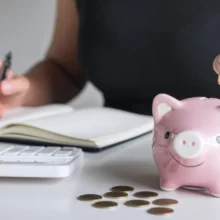PRACTICAL GUIDE FOR BEGINNER INVESTORS
Last Updated on 06/07/2025 by Admin
UNDERSTANDING THE FIRST STEPS
When I first considered investing, I felt overwhelmed. Stocks, real estate, crypto, funds—everywhere I looked, there was noise. Everyone had an opinion, and most of it sounded like another language. But then I realized something: every successful investor started exactly where I was—clueless but curious.
The truth is, investing isn’t just for wealthy professionals. You don’t need a finance degree or thousands of dollars to begin. What you do need is a plan, patience, and the ability to learn from your mistakes (because you will make some—everyone does). The key is to start small, think long-term, and avoid chasing trends.
WHY INVESTING IS IMPORTANT
For years, I thought saving money in a bank account was enough. But watching inflation slowly eat away at my savings was a wake-up call. Investing is how you make your money grow. It’s how you protect your future.
I once met a woman at a workshop who started by investing just 100 zł monthly in index funds. Ten years later, she had enough to make a down payment on her dream apartment. She didn’t win the lottery—she just understood compound growth and stayed consistent.
CHOOSING WHERE TO BEGIN
If you’re just starting out, the options can feel endless: stock markets, real estate, ETFs, mutual funds, crypto, or even gold. My advice? Don’t try to do everything at once.
When I began, I opened a basic brokerage account and started with index funds. They were easy to understand, and I didn’t need to watch the market daily. I picked something I believed in, made regular contributions, and let time do its thing.
It’s easy to get excited by headlines of people getting rich off crypto or meme stocks. But behind every success story, there are ten others who lost everything because they rushed in without knowledge.
BUILDING A STRATEGY YOU CAN STICK TO
A good strategy doesn’t require constant attention or daily decisions. It’s about setting rules that work for your lifestyle and risk tolerance. One of the smartest moves I made was automating monthly investments. It removed emotion and ensured I stayed consistent.
Also, diversification isn’t just a buzzword—it’s protection. Don’t put all your money into one company or one type of asset. Spread it out so that if one area suffers, others can keep you afloat.
A friend of mine once bet everything on a trendy tech stock, only to see it crash after a disappointing earnings report. Had he split his investments, the loss wouldn’t have hurt nearly as much.
AVOIDING COMMON MISTAKES
I won’t lie—I’ve made some foolish moves. Like panic-selling when the market dipped, or jumping on an investment just because a popular YouTuber recommended it. Looking back, those decisions cost me money and sleep.
What I learned is that your mindset matters. Fear and greed are your enemies. Stick to your plan. Don’t invest based on what your cousin told you at a family dinner or what’s trending on social media.
Education is your greatest asset. Read, watch, ask questions. And never be afraid to admit when you don’t understand something—because acting like you do can be far more expensive.
THINKING LONG-TERM
The most powerful investing advice I ever received? Time in the market beats timing the market. It’s tempting to try and buy low and sell high, but no one gets it right every time—not even the pros.
I like to think of investing as planting a tree. You water it regularly, give it sunlight, and resist the urge to dig it up every week. Years from now, you’ll sit in its shade and be thankful you didn’t give up early.
A good friend of mine once joked that he became “accidentally wealthy” just by forgetting about his retirement account. That’s the magic of letting compounding do its job—quietly, in the background.
FINAL THOUGHTS
Investing isn’t about getting rich quick—it’s about building wealth steadily and sensibly. Start with what you have, learn as you go, and don’t get discouraged by slow progress. Every experienced investor you admire today once felt just as unsure as you do now.
So, open that account. Make your first deposit. Read that beginner’s guide. And remember—you’re not late, and it’s never too early.







